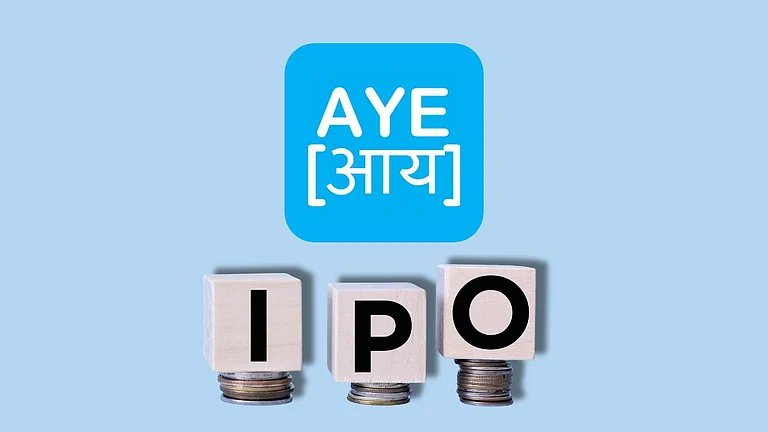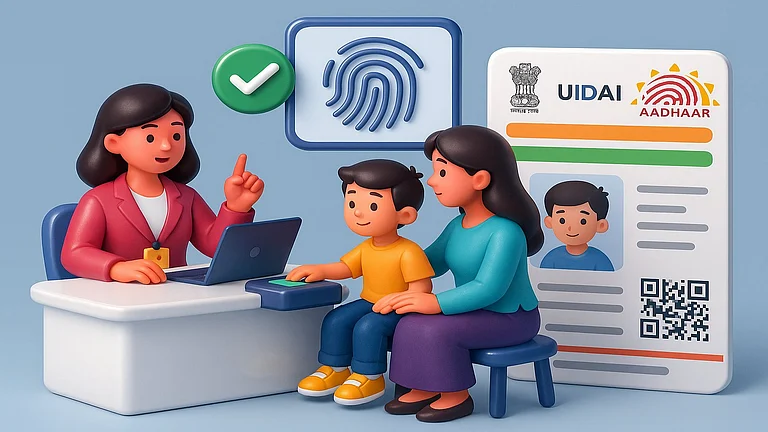Soon investors won’t need to do their know your customer (KYC) details every time they change the intermediary platform selling stocks and mutual funds.
The Securities and Exchange Board of India (Sebi) has issued a circular stipulating the updated guidelines that KYC registration agencies (KRA) such as CAMS Investor Services Private Limited or CSDL Ventures Limited need to follow.
The circular, which was issued on April 6 and will be effective July 1, said that once an investor completes his full KYC validation process, a unique client identifier called KRA Identifier number shall be assigned to him. This unique number can then be quoted by the investor on different intermediary platforms to open an account without undergoing the entire KYC process again while switching or opening multiple accounts.
Here are some key points highlighted in the circular.
1) Having an Aadhaar number is mandatory for investors to avail of this facility.
2) KRAs will have to independently validate the records of every client, including those who may have already completed their KYC using Aadhaar.
3) Those clients who may have completed their KYC using documents may need to undergo the process again once they obtain or present their Aadhaar number.
4) KRAs will have to validate and check the authenticity of three key identifications.
5) One, they will need to validate the Aadhaar number through the Unique Identification Authority of India. Two, if the investor’s mobile number is not linked with their Aadhaar number, KRAs will have to validate the mobile number and email using the OTP method. Three, Permanent Account Number (PAN) details of the investor will need to be verified using the Income Tax Department’s database.
6) KRAs will promptly inform the respective registered intermediaries (RIs) of deficiency/inadequacy in client’s KYC documents, if any, that is observed for validation
7) KRAs will develop systems/mechanisms in coordination with each other after consulting with Sebi regarding the same
8) The systems of RIs and KRAs will have to be integrated to facilitate seamless movement of client’s KYC documents for easier access.
9) KYC records of all existing clients will be validated within a period of 180 days, starting July 1.
10) KRA will need to intimate the unique KRA identifier number to the client within two working days of receiving the KYC records.













